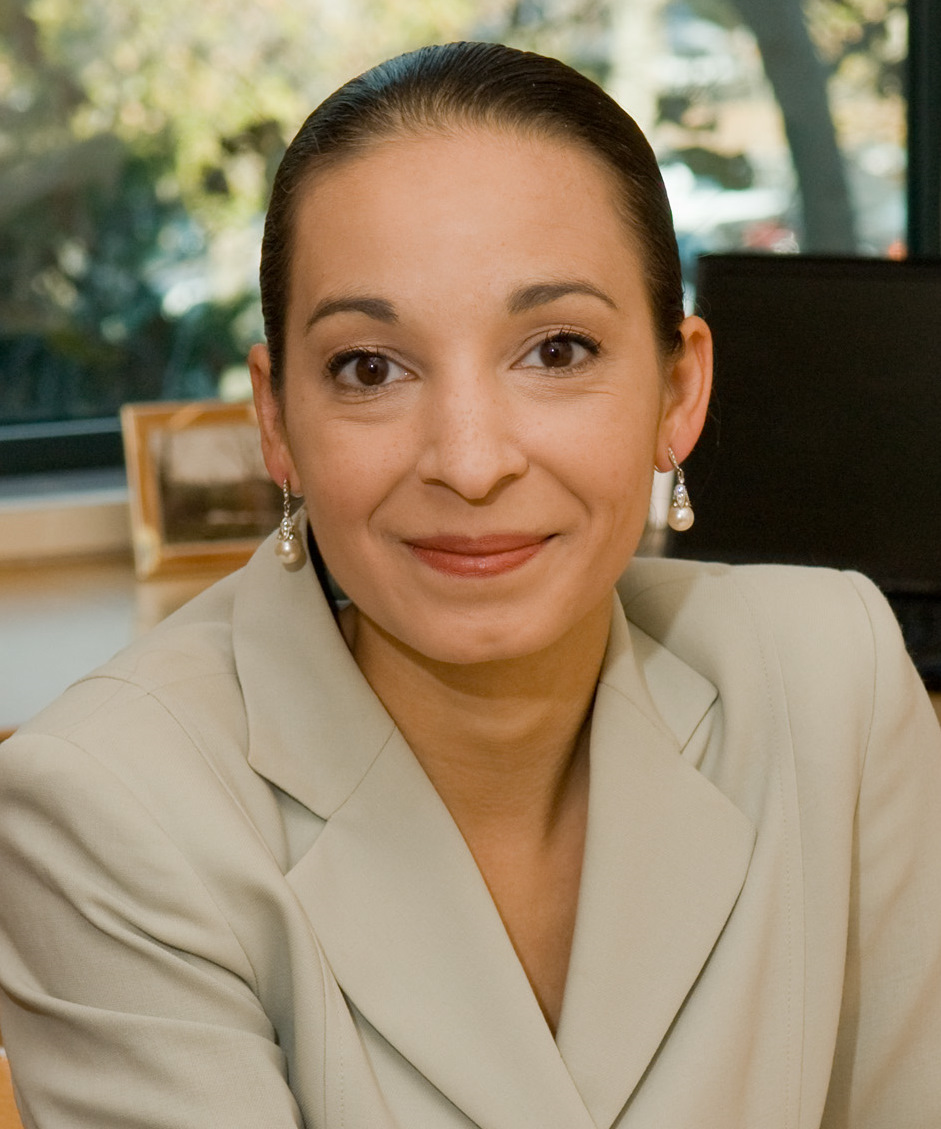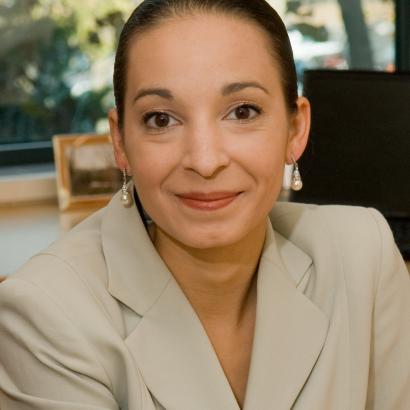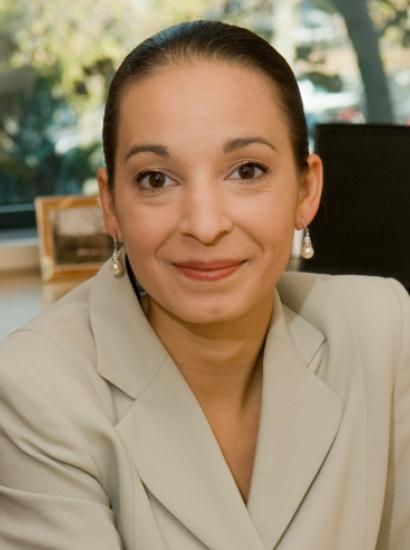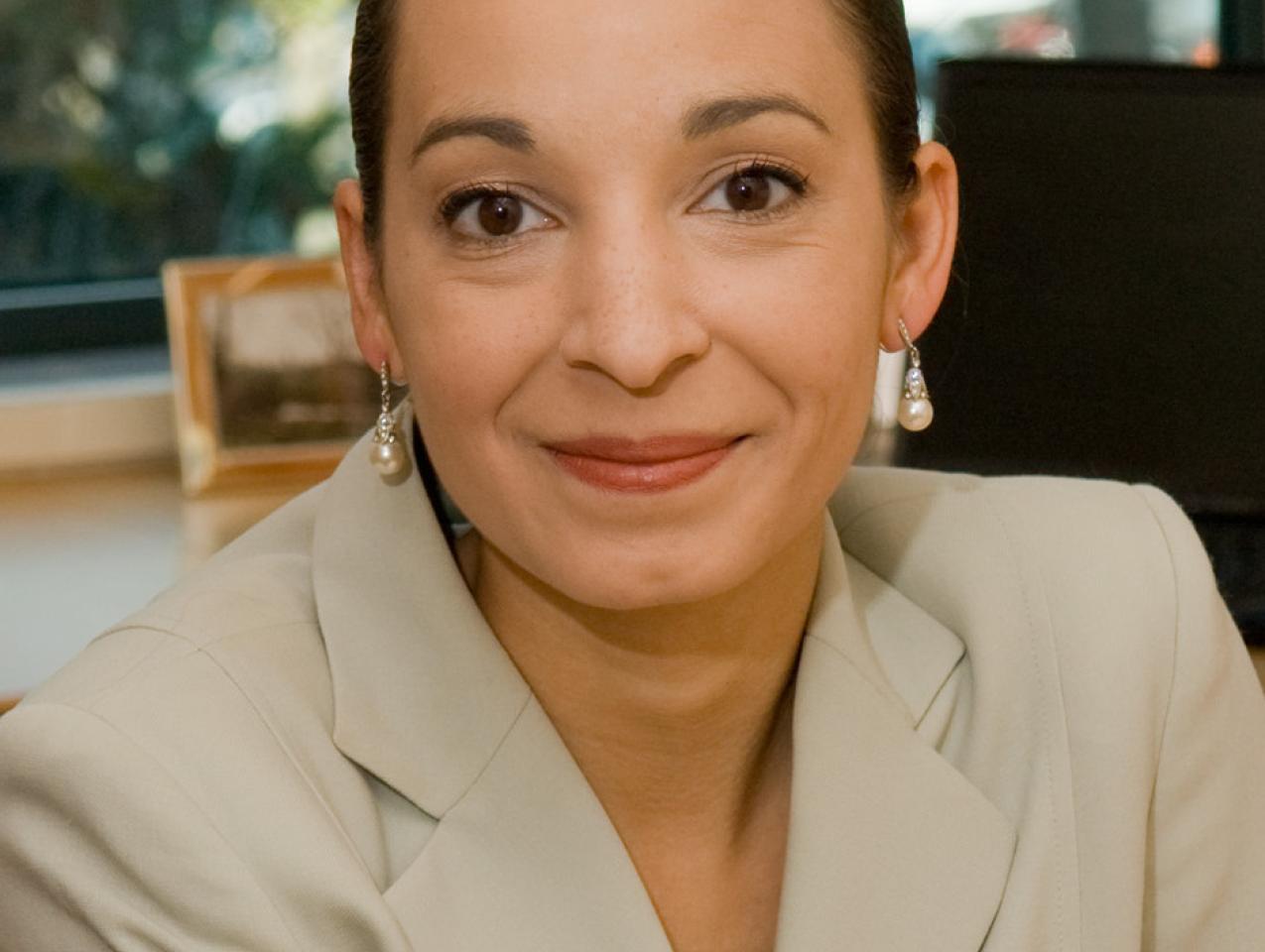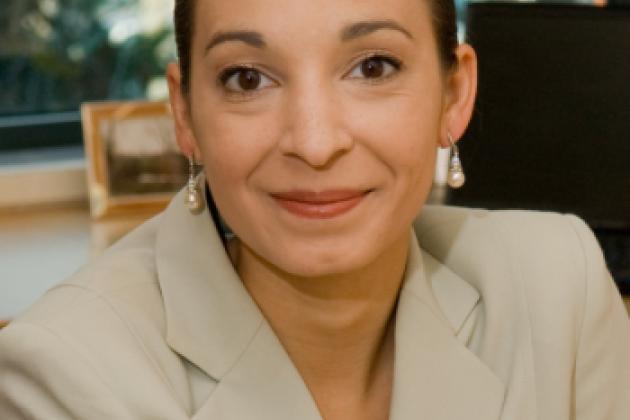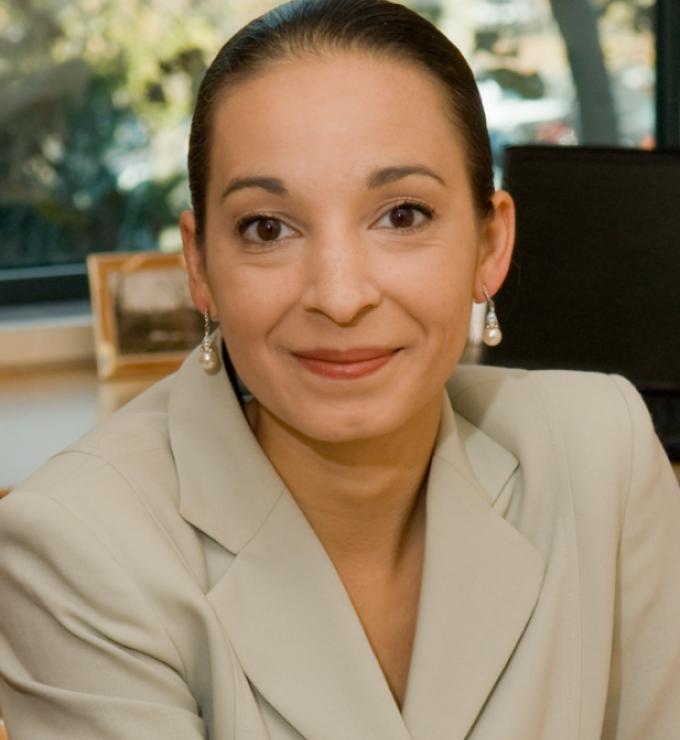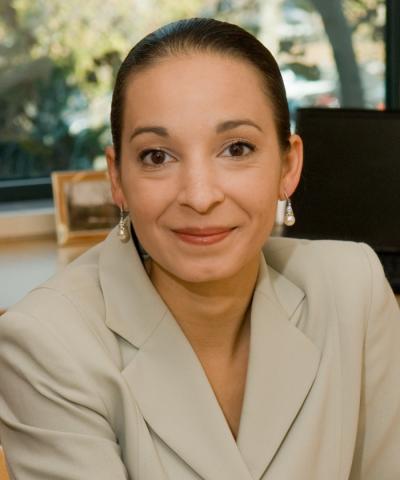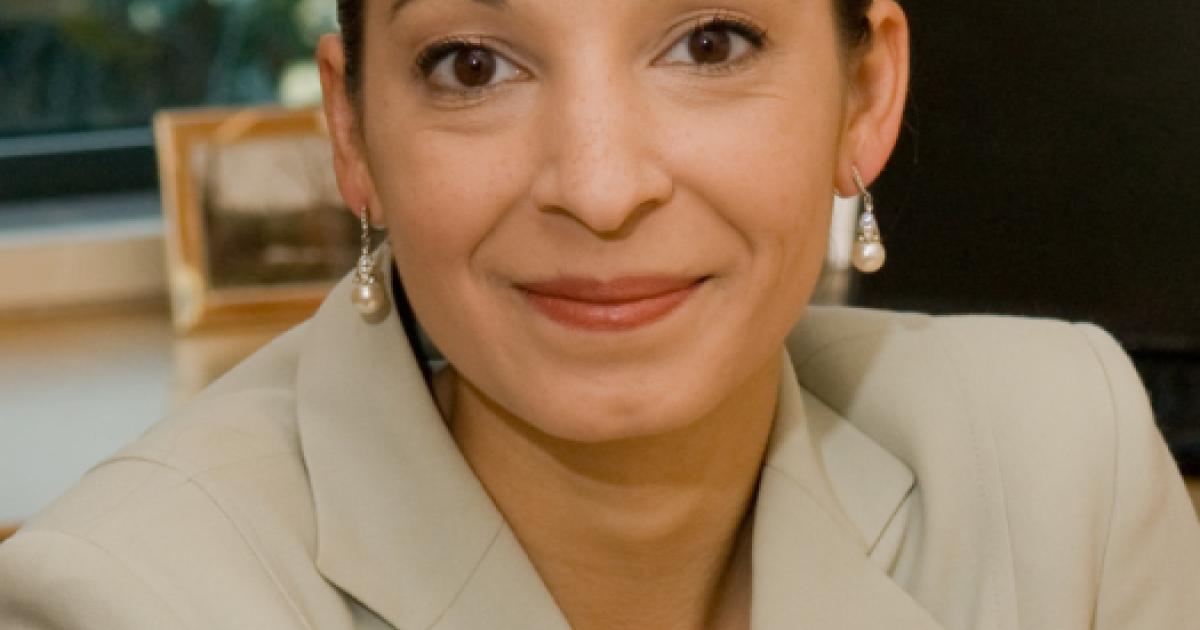
Caroline Hoxby, a senior fellow at the Hoover Institution, the Scott and Donya Bommer Professor of Economics at Stanford University, and a member of the Institution’s Koret Task Force on K–12 Education, and Christopher Avery, a professor of public policy at Harvard University, recently completed a study on the college enrollment of low-income, high ability high school students (PDF available here). In the study, released by the National Bureau of Economic Research on December 10, Hoxby and Avery looked at data from the College Board and ACT to identify high-achieving students from both lower income and affluent families and tracked the schools where the students sent their ACT and SAT scores. Hoxby and Avery found that, while students from affluent families displayed “achievement typical” behavior, applying to colleges where the average test scores and grades of admitted students were a good match, low-income students exhibited “income typical” behavior, applying to schools where those of similar income but less academic ability tended to enroll.
These results are particularly striking since most elite colleges have programs to help students from low-income backgrounds enroll for little or no cost, and many of these students would likely be admitted if they applied. Hoxby and Avery found that most of these students were unlikely to have had or met a mentor who attended a selective university, and as such may not have had that example in their lives. Indeed, most of the low-income, high-achieving students who did apply for elite programs came from a small number of high schools, many of which are selective and have more able mentors. These selective schools may be attracting more college recruiters than those high schools with a smaller number of high-achieving students, but recruiters would be remiss to neglect the populations of high-achieving students outside this system.
Click here for more information.







